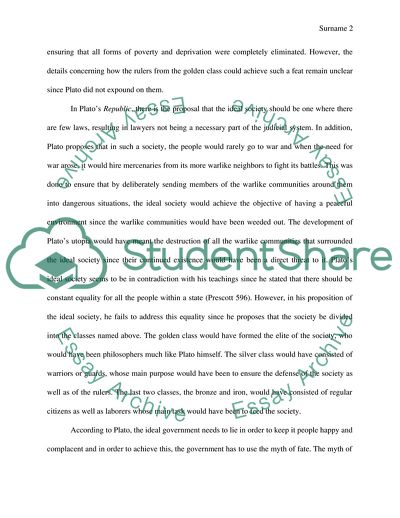Cite this document
(Conceptions of Utopia's from Antiquity to Modernity Research Proposal Example | Topics and Well Written Essays - 3750 words, n.d.)
Conceptions of Utopia's from Antiquity to Modernity Research Proposal Example | Topics and Well Written Essays - 3750 words. https://studentshare.org/history/1813217-conceptions-of-utopias-from-antiquity-to-modernity
Conceptions of Utopia's from Antiquity to Modernity Research Proposal Example | Topics and Well Written Essays - 3750 words. https://studentshare.org/history/1813217-conceptions-of-utopias-from-antiquity-to-modernity
(Conceptions of Utopia'S from Antiquity to Modernity Research Proposal Example | Topics and Well Written Essays - 3750 Words)
Conceptions of Utopia'S from Antiquity to Modernity Research Proposal Example | Topics and Well Written Essays - 3750 Words. https://studentshare.org/history/1813217-conceptions-of-utopias-from-antiquity-to-modernity.
Conceptions of Utopia'S from Antiquity to Modernity Research Proposal Example | Topics and Well Written Essays - 3750 Words. https://studentshare.org/history/1813217-conceptions-of-utopias-from-antiquity-to-modernity.
“Conceptions of Utopia'S from Antiquity to Modernity Research Proposal Example | Topics and Well Written Essays - 3750 Words”. https://studentshare.org/history/1813217-conceptions-of-utopias-from-antiquity-to-modernity.


